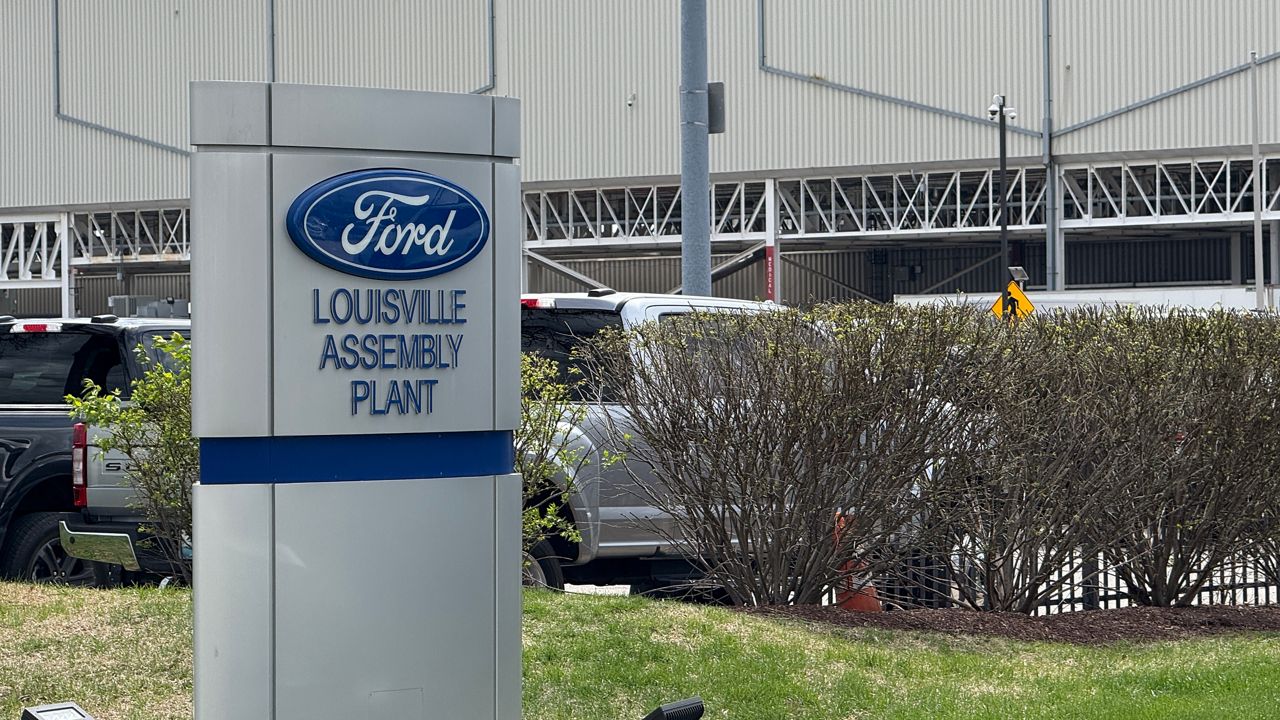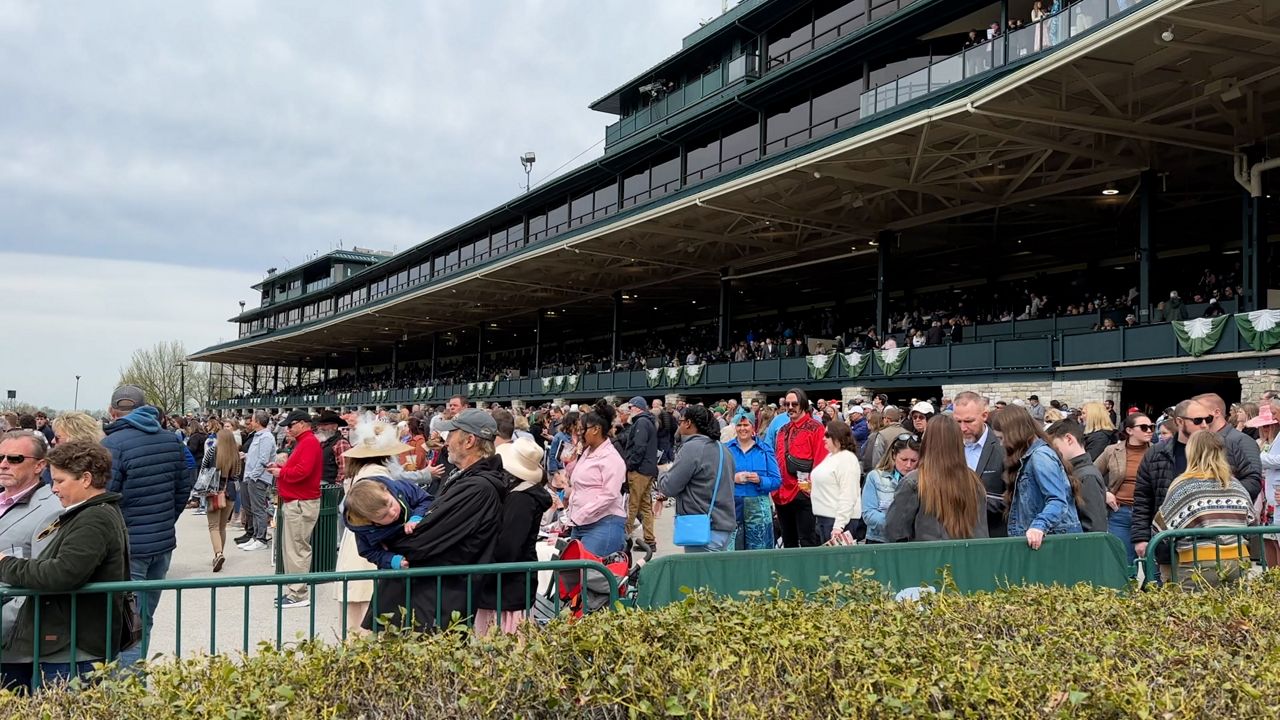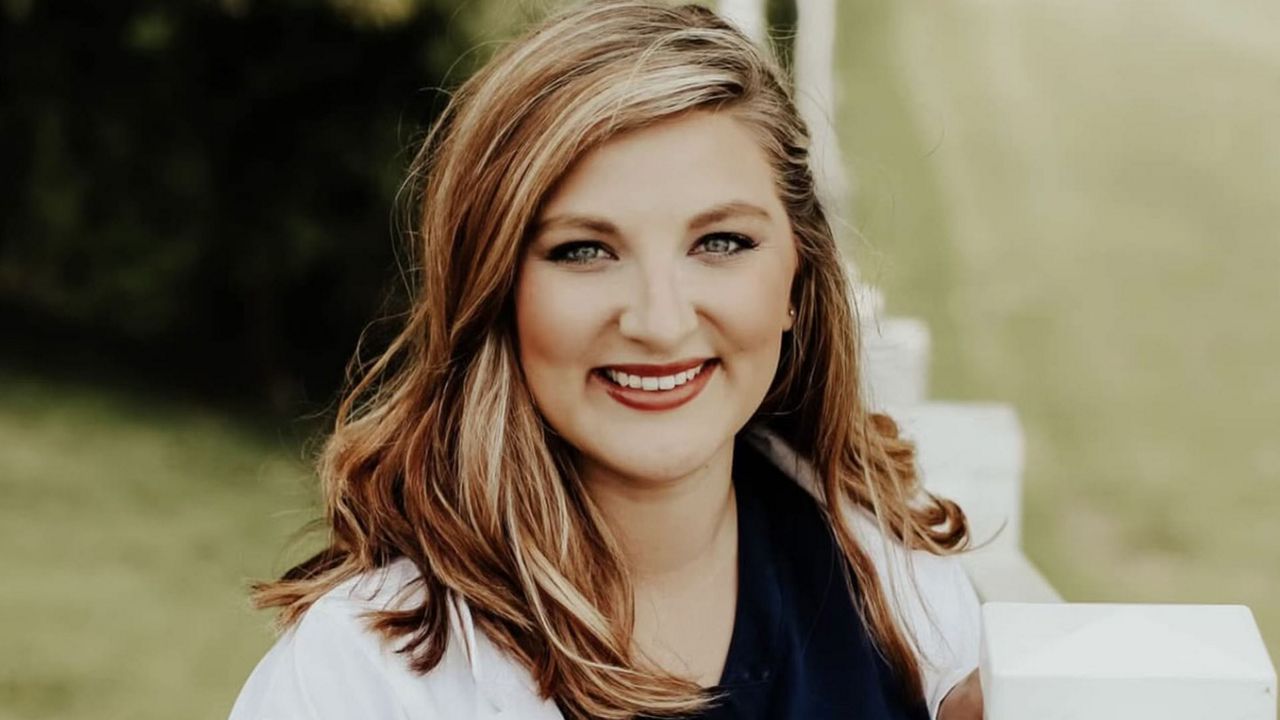FRANKFORT, Ky. — Kentucky State Police recently graduated its largest recruit class of dispatchers in agency history. Earlier this month, 30 telecommunicators representing 13 KSP posts graduated from the telecommunications academy, as the agency is short 50 dispatchers across the state.
18-year-old Matthew Barham is one of 30 recent graduates from KSP’s four-week telecommunications academy.
“I’m really enjoying it so far. It’s clear that KSP is like a family, and I’ve been treated really well and I’m looking forward to learning more and growing in my career,” Barham said.
Barham is based at Post 12 in Frankfort where someday he hopes to move into the role of state trooper. He’s dreamed of being a Kentucky State police officer since he was 12, but being he’s only 18, he has three more years until he can apply.
The required age to be a state trooper with KSP is 21, but only 18 to work in the dispatch office. Barham, fresh out of high school, hopes to take what he’s learning as a dispatcher and use it someday on the streets.
“I think this is a great path to do that. Get your foot in the door early and start meeting people and making a name for yourself in the agency,” Barham said.
Timothy Neal Sr. another graduate from the class, was a dispatcher in Illinois for almost 20 years. Now, he’s getting back into the profession to continue supporting his family.
“We cover for Spencer County 911 and Spencer County is where me and my family reside, so it’s nice to be on both sides of it where I can now work and help the citizens of the county, I live in,” Neal said.
Neal is a volunteer firefighter as well. His son also works in dispatch with KSP. He said as a telecommunicator, you’re making split-second decisions and time is crucial. Not only do they field 911 calls, but are in constant communication with troopers in the field.
“We are the first, first responders. We’re the first ones to get that 911 call, find out what the problem is and what’s going on and get the appropriate help dispatched immediately,” Neal said.
Neal believes there is one trait every dispatcher or applicant for telecommunications should have.
“Compassion is a big one; it’s been said for quite some time that when that 911-line rings, the person on the other end is having the worst day of their life,” Neal said. “And how you respond and how you deal with that situation makes or breaks the outcome pretty much for them.”
Sergeant Matt Sudduth said telecommunicators provide crucial information to troopers in the field.
“A lot of our troopers when they’re responding to calls and conducting traffic stops, they’re by themselves. The only person they have to rely on is that dispatcher on the other end of the radio,” Sudduth said.
He says KSP is still hiring dispatchers, and no experience is required.
“Someone with no experience in telecommunicating or someone with 15, 20 years’ experience of telecommunicating. We have a place for you.”
Earlier this year, the state raised the starting pay for a telecommunicator to $41,000. To be a telecommunicator, applicants must at least have a high school diploma.










